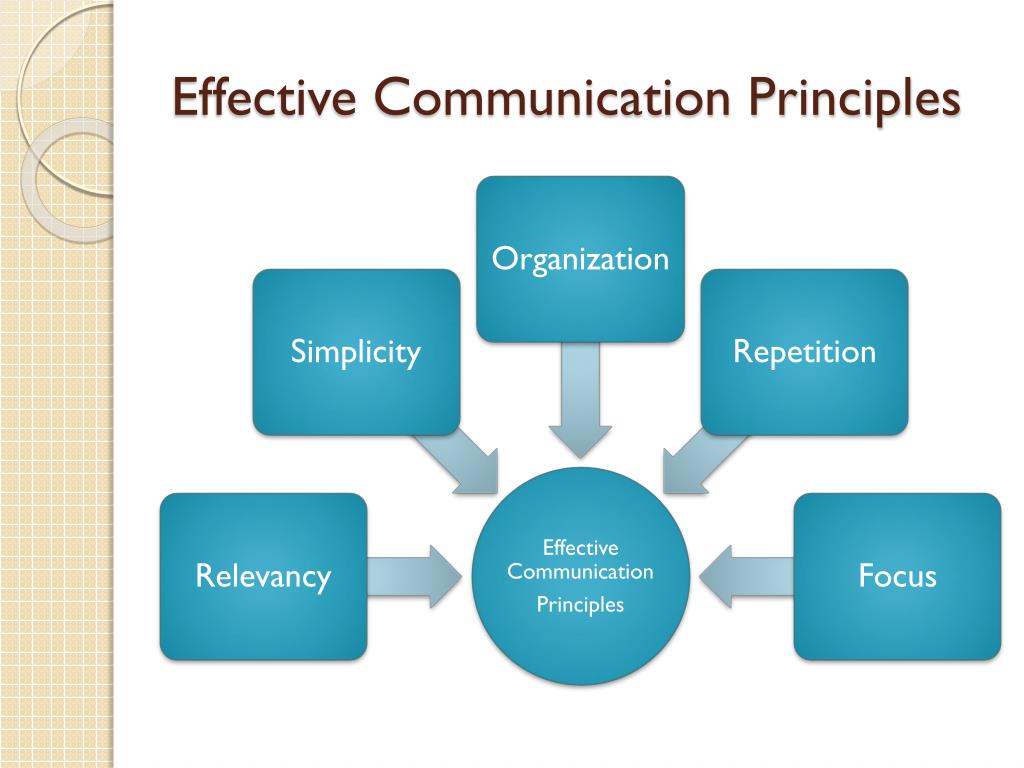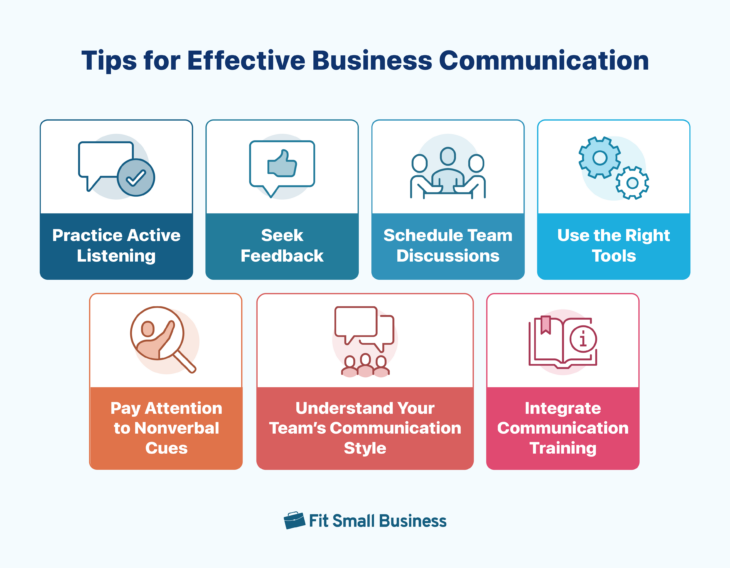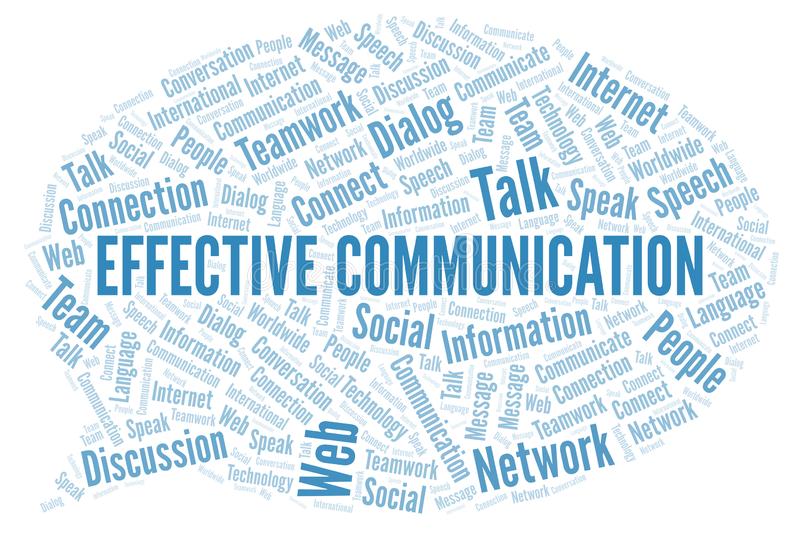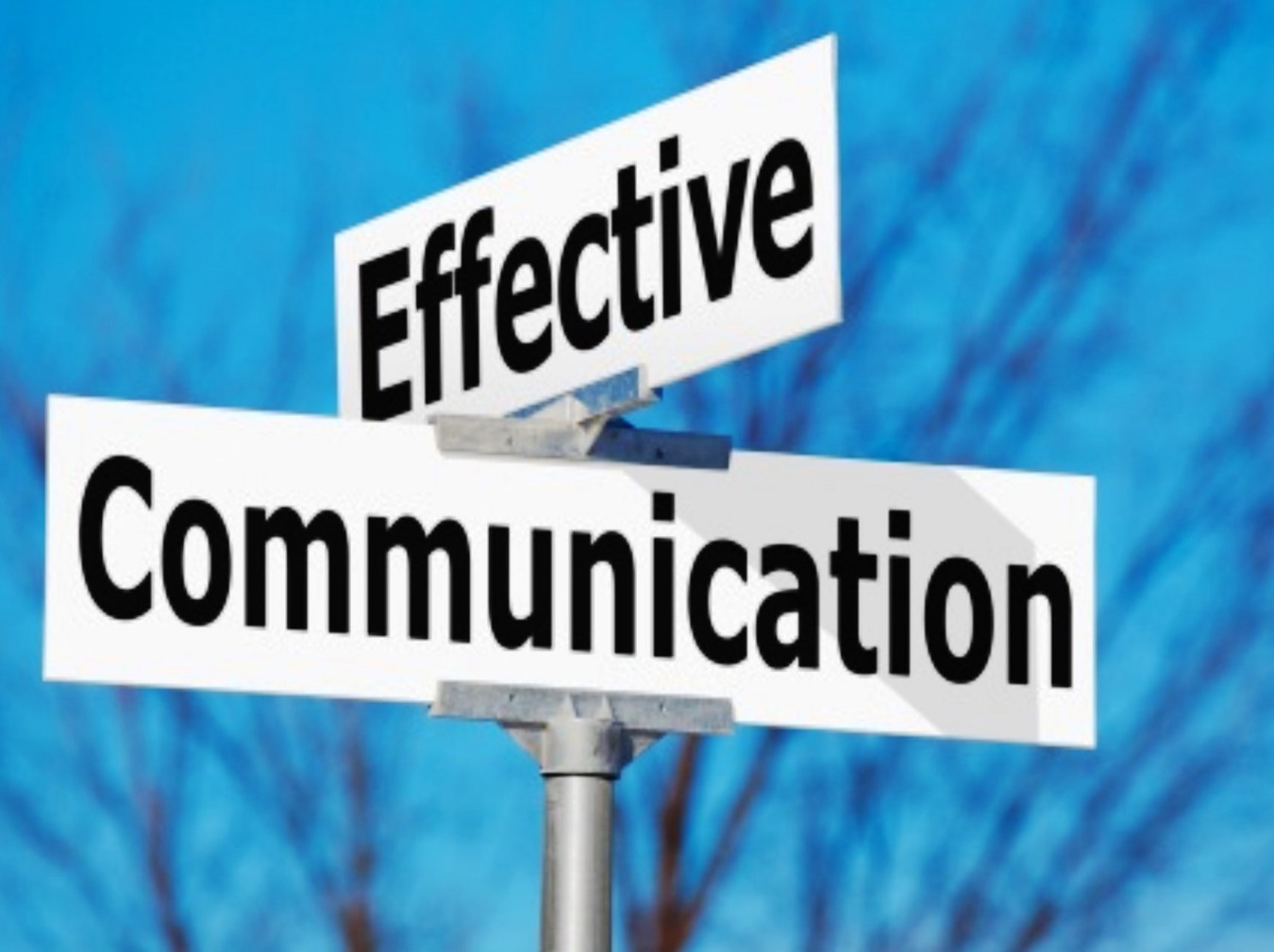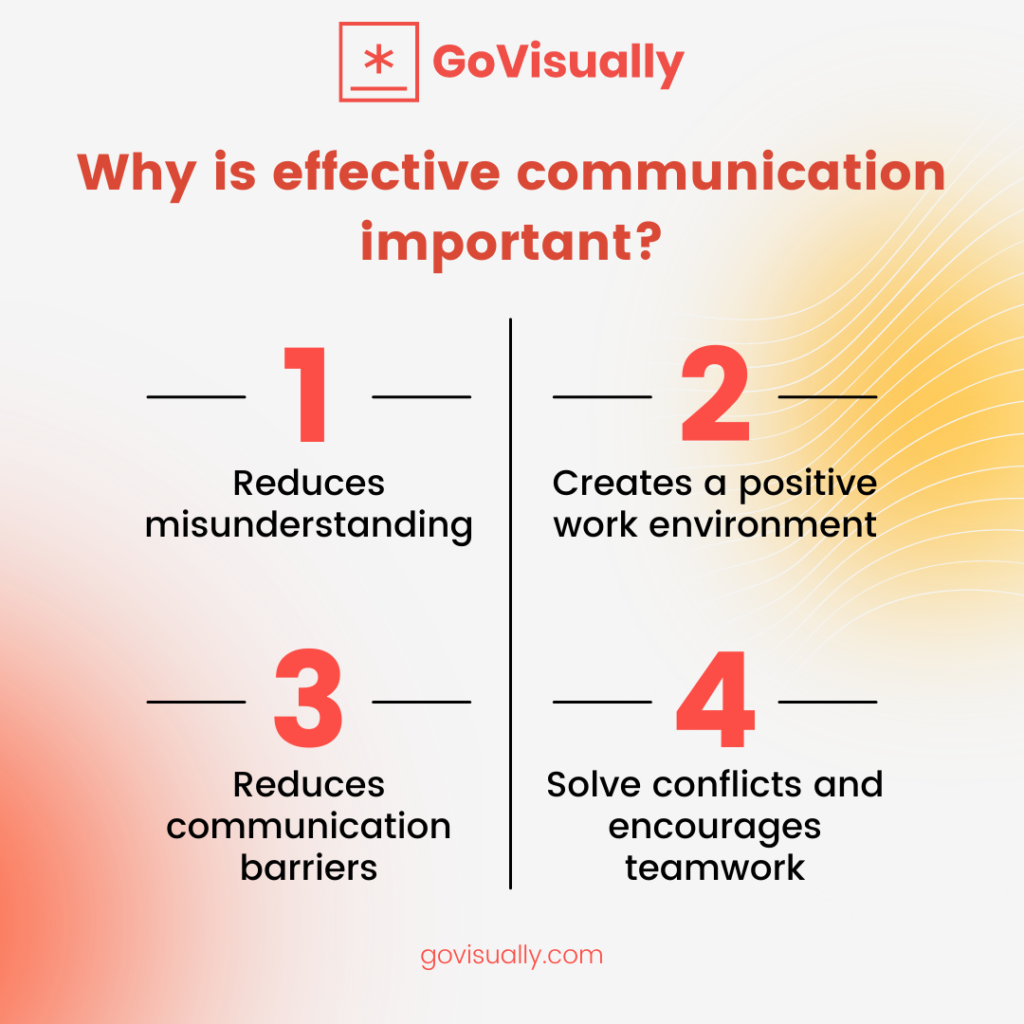Effective Communication In Business
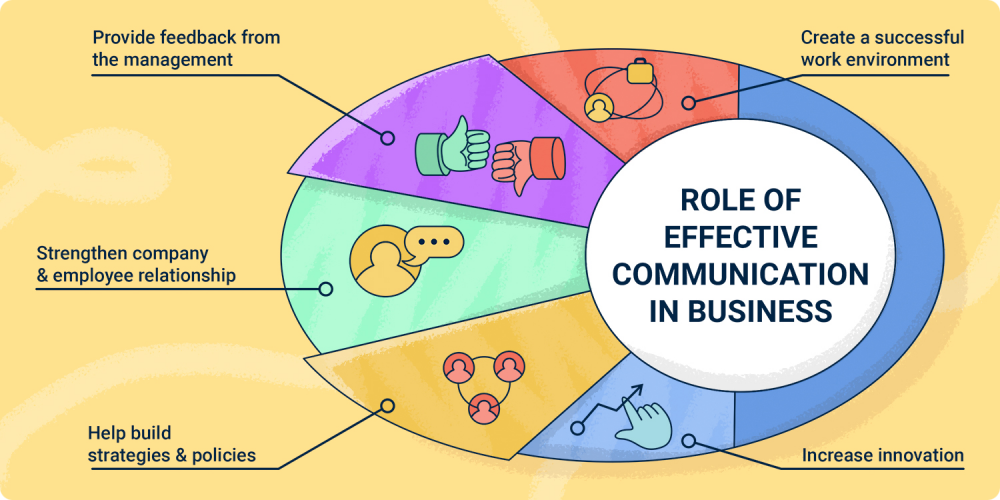
In today's dynamic business environment, effective communication stands as a cornerstone of success, influencing everything from team collaboration to customer relationships and overall profitability.
Its impact is felt across all levels of an organization, playing a vital role in strategy execution, employee engagement, and building a strong brand reputation.
The Critical Role of Clear Communication
Effective communication is more than just exchanging information. It's about ensuring that messages are clearly understood, acted upon, and contribute to achieving business goals.
According to a study by Project Management Institute, poor communication is a primary contributor to project failure, highlighting the tangible cost of miscommunication.
What are the key elements of effective communication in business?
Clarity and Conciseness
Clarity is paramount.
Messages should be easy to understand, avoiding jargon and ambiguity.
Conciseness ensures that information is delivered efficiently, respecting the recipient's time and attention.
Active Listening
Communication is a two-way street.
Active listening, involving paying attention, understanding, and responding thoughtfully, is crucial for building trust and fostering collaboration.
This skill is particularly important for managers and leaders, enabling them to understand employee concerns and provide effective feedback.
Choosing the Right Medium
The choice of communication medium significantly impacts the message's effectiveness.
While email is suitable for routine updates, face-to-face meetings or video conferences may be necessary for complex discussions or sensitive topics. The medium should fit the context of the conversation.
Internal communication platforms, such as Slack or Microsoft Teams, can facilitate quick and efficient information sharing within teams.
Providing and Seeking Feedback
Feedback loops are essential for continuous improvement.
Organizations should encourage employees to provide feedback on communication processes, as well as seek feedback on their own communication skills.
Regular performance reviews and surveys can provide valuable insights into communication effectiveness.
Impact on Business Performance
The benefits of effective communication extend beyond internal operations.
Companies with strong communication practices tend to have higher levels of employee engagement, customer satisfaction, and profitability.
A recent report by Gallup indicates that highly engaged employees are more productive and less likely to leave the organization.
Effective communication plays a crucial role in crisis management. Clear and timely communication can mitigate reputational damage and maintain stakeholder confidence during challenging times.
Challenges and Solutions
Despite its importance, effective communication can be challenging to achieve.
Cultural differences, generational gaps, and communication barriers can all hinder effective message delivery.
To address these challenges, companies should invest in communication training programs and promote a culture of open and honest communication.
Training programs focusing on intercultural communication and inclusive language can help bridge cultural and generational divides.
"Effective communication is the lifeblood of any successful business. It fosters trust, drives innovation, and enhances overall performance," says Dr. Anna Miller, a communication consultant.
Ultimately, prioritizing clear, concise, and respectful communication is an investment in a company's long-term success. It helps build stronger relationships with employees, customers, and stakeholders, contributing to a more resilient and prosperous business.



